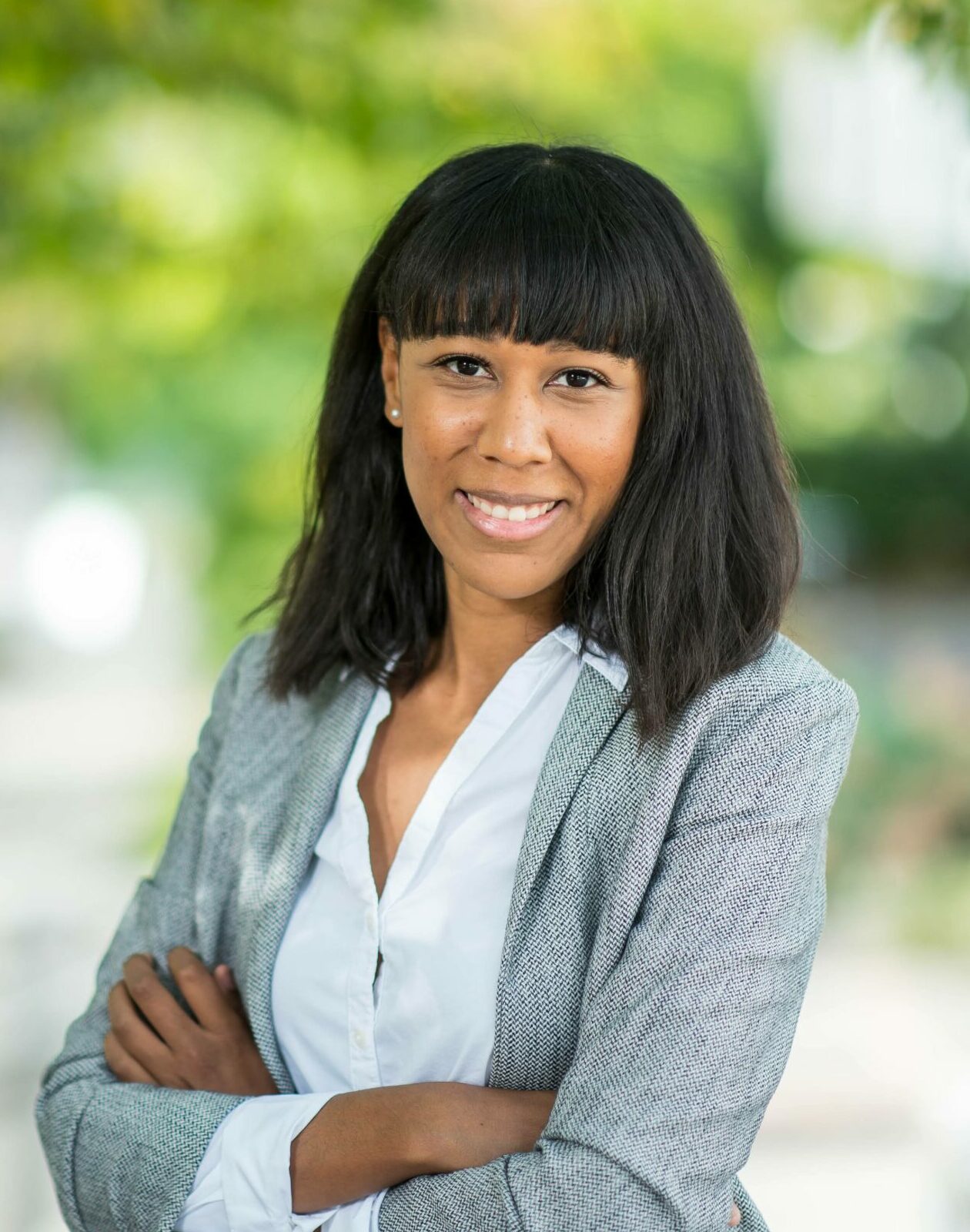Ismalia De Sousa (IDS): When I was younger, I used to collect caterpillars in a box.
Science World (SW): That’s Ismalia De Sousa.
IDS: And I have this vivid recollection of coming back home and the first thing that I would do after school was just going to see whether the caterpillars have ever grown, whether they're cocoons or not, whether they're become butterflies.
SW: She says that monitoring these metamorphoses as a child influenced her lifelong path.
IDS: I had something to care for, right? A lot of observing and assessing. You know, I use those same skills in nursing today.
SW: Today, Ismalia is completing her PhD in the school of Nursing at the University of British Columbia. Prior to pursuing a PhD, Ismalia worked as a Clinical Nurse Specialist in Stroke in a hospital in London, UK for over a decade.
IDS: I really had the privilege to, I would say, to make a difference in people's lives by the medication that we can give, by the urgent stroke treatments. But also, you know, by the care we give in stroke units and the specialized knowledge that stroke nurses have. And then I would say, perhaps more later, as a clinical nurse specialist in stroke, I also recognized that I could make a difference in how systems of care existed in knowing and making sure that everyone that was admitted to a stroke unit had the care that they deserve.
SW: Ismalia recalls one case in particular that helped her stroke unit in London re-imagine a system of care.
IDS: I sat down with that patient, she was a young woman with children, really high functioning, and I sat down with her. She had no physical impairments from the stroke. And I asked her, “How are you feeling?” And she burst into tears. And this was immediately after the doctors had left the room and told her, "You're going home." She hadn't been able to sleep. She was in her mind reliving the moment when she had a stroke. She had a particular stroke where she was not able to speak or talk or move, but she could hear everything. It’s what we call locked-in syndrome. And she was reliving those moments in her mind. And I referred her to the psychologist and she eventually she was diagnosed with Post Traumatic Stress Disorder.
SW: The patient stayed in hospital for further treatment, and Ismalia and her team got to work designing a new system that might prevent this in the future.
IDS: We developed a tool; we embedded that tool in our electronic health records. We provided training for the nurses in terms of questions that they could ask patients to kind of do a risk assessment or a screening of any anxiety and depression and we created the pathway what to do if symptoms arise. We brought that patient back to hospital so she could tell the story to healthcare professionals. We did a Schwartz round across the hospital just to raise awareness that when people are admitted to hospital it's not just the physical symptoms and oftentimes in healthcare, we tend to divide a physical health problem mental health and I think it's important that we change that paradigm.
SW: When Ismalia left London for BC, she saw more opportunities for paradigm shifting. In 2020, she co-founded The Coalition of African, Caribbean and Black Nurses in BC, a grassroots nurse-led organization that aims to address anti-Black racism & discrimination.
IDS: Coming from from UK to BC, to Vancouver in 2019, I didn't really see people that looked like me in nursing. And then immediately after the murder of George Floyd, I expressed my views to one of my supervisors and she suggested using a professional nursing organization called an NNPBC (Nurses and Nurse Practitioners in BC) to try and understand if and where were Black nurses in BC and and who was out there. I would definitely like to see more Black nurses in senior positions in healthcare organizations, as researchers and professors in academic institutions and deans and provosts of academic institutions. I also would like to see an acknowledgement of how Black nurses have contributed to nursing you know, to the construct of and developing of nursing knowledge and also while at the same time nursing has excluded those voices. And that we move also past the narrative of the invisible, the hidden the silent, which is, unfortunately also words that we tend to use nowadays in nursing to refer to a Black nurse, especially in history. They were very visible in the communities. It's just which lenses we choose to see the world.

